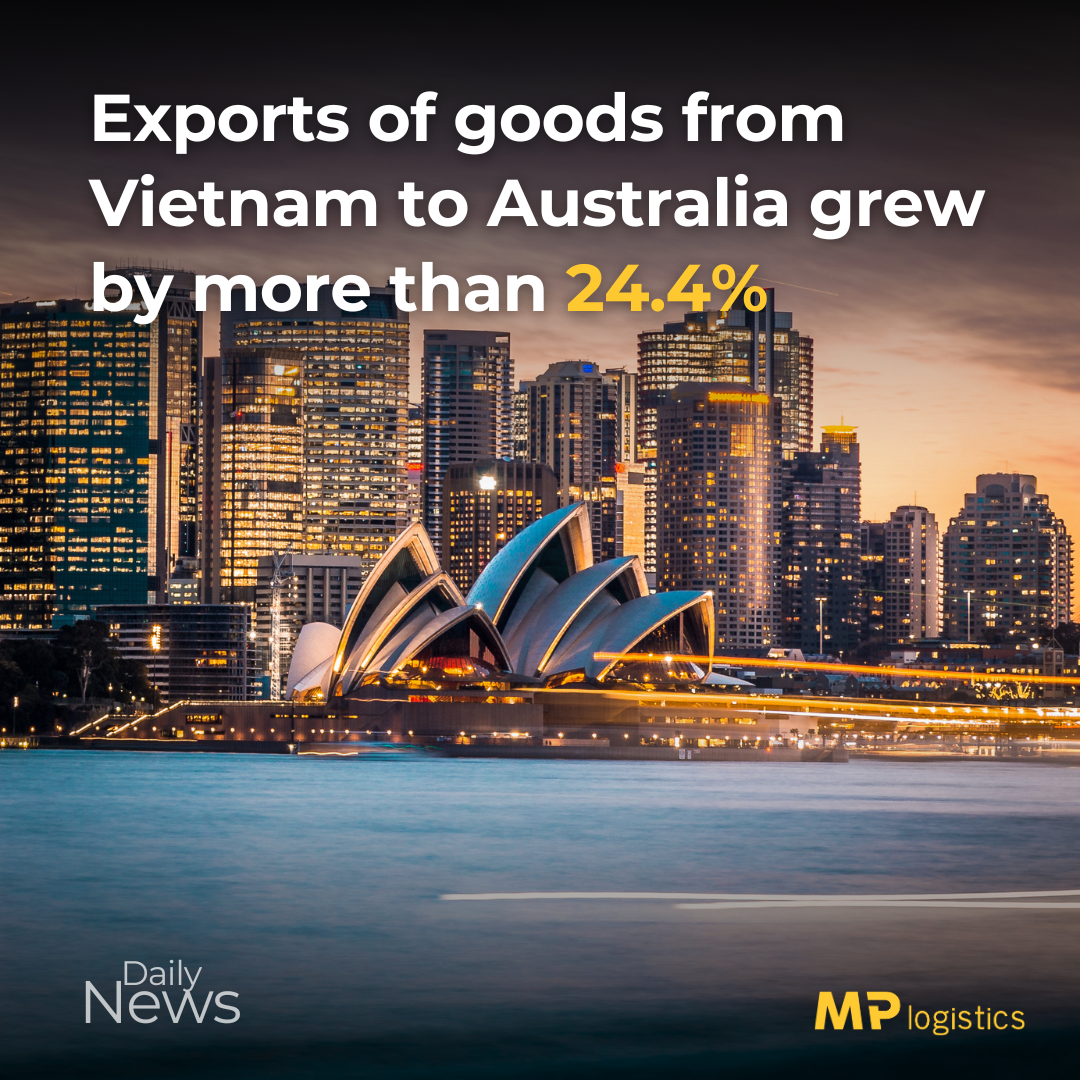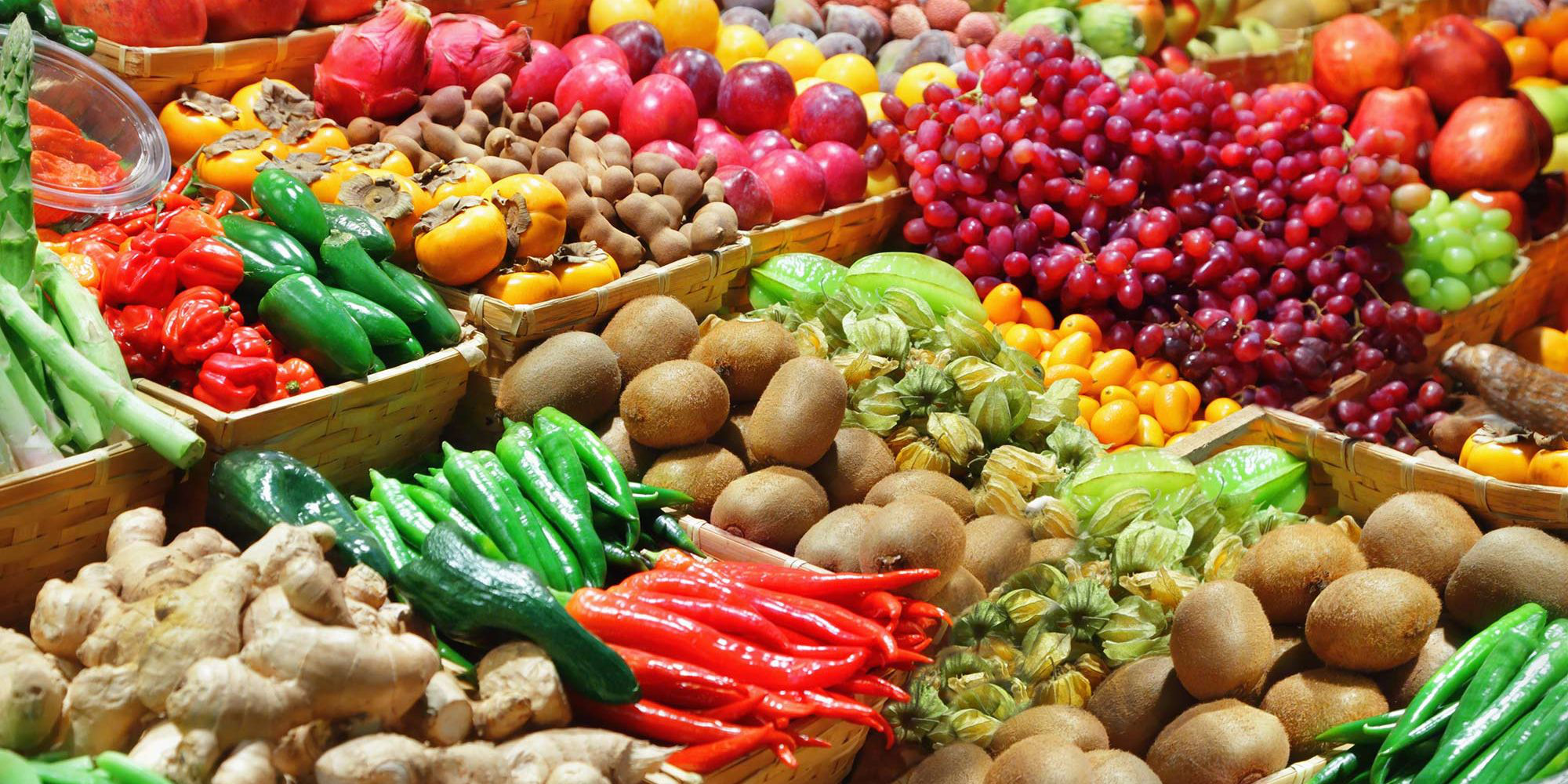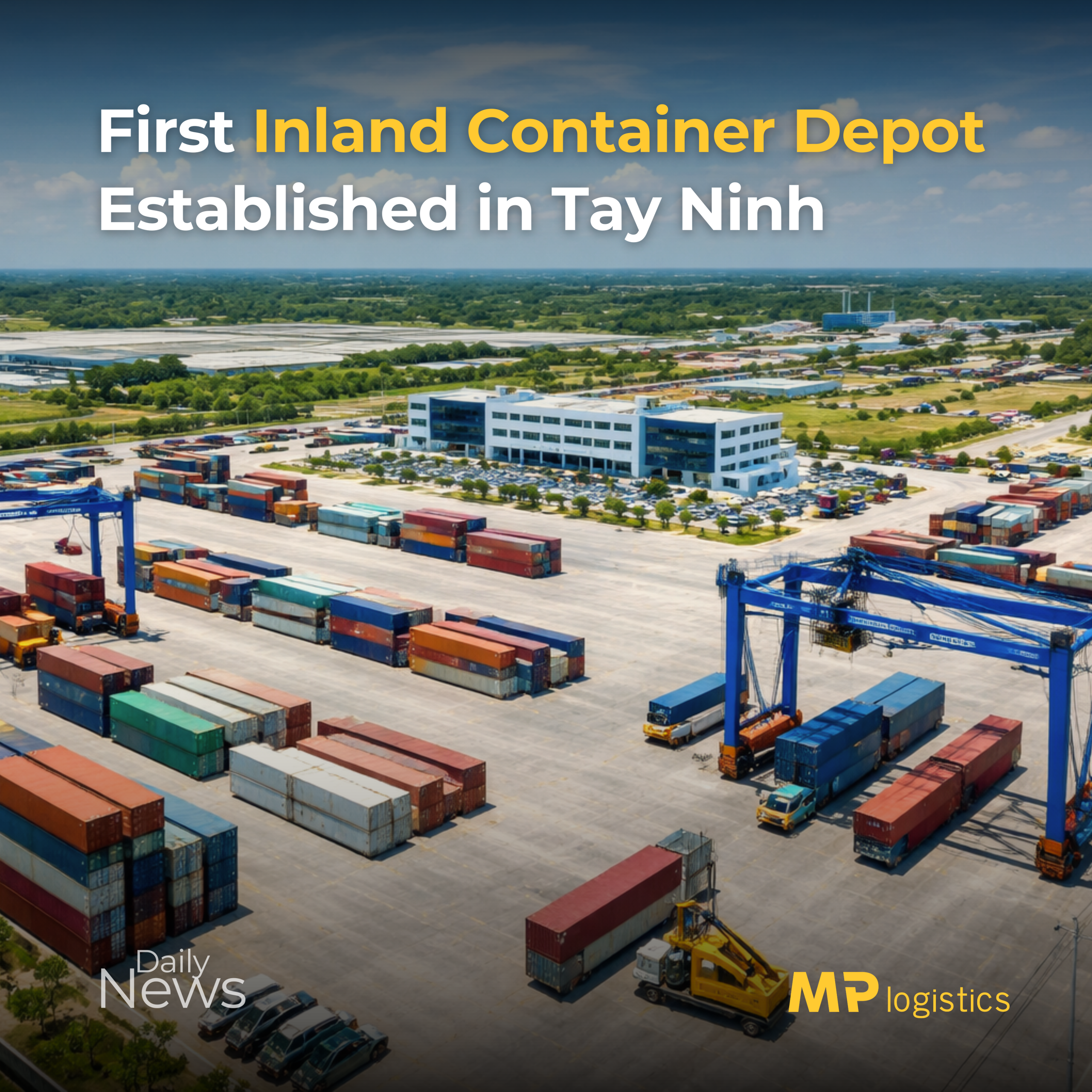
In Australia, in the days before Christmas and New Year 2025, it is not uncommon in coffee shops to hear conversations about tourism to Vietnam and doing business in Vietnam.
The phrase “the era of growth” is mentioned with many expectations about cooperation opportunities with Vietnam.
This is the opinion of Mr. Nguyen Phu Hoa, Trade Counselor in Australia, in an interview with VNA reporters in Sydney.
Counselor Nguyen Phu Hoa said that in implementing the direction of the Ministry of Industry and Trade, recently, the Vietnam Trade Office in Australia has conducted analysis and proposed an action plan to develop exports based on promoting the supply chain, while consistently building a “green origin” brand, creating a positive consumer sentiment.
After 11 months, exports from Vietnam to Australia have increased by 24.4% over the same period last year, much higher than the average export level of the whole country of 14.4%. Many items have increased sharply such as machinery and equipment increased by 108.3%, agricultural products and vegetables increased by more than 27%, seafood increased by more than 10%, textiles and garments increased by 21.5%, wood and wood products increased by 45%, electric cables increased by 58.8%, rice increased by 18.75%, pepper increased by 48%, coffee increased by 58.4%…
Australia has gradually become a source of input materials for the manufacturing industry Vietnam’s strong export sector, with about 80% of its import turnover being raw materials, fuels and input materials. Vietnam exports to Australia a variety of products such as machinery, equipment, vehicles and transport spare parts, textiles, footwear, agricultural and aquatic products, and construction materials.
Mr. Nguyen Phu Hoa shared that the Vietnam Trade Office in Australia not only focuses on import and export activities but is proactively contributing to serving the country’s important tasks such as researching and proposing cooperation in the semiconductor industry, digital economy, financial centers, mineral supply chains, energy, promoting infrastructure investment; green economic cooperation, circular economy to move towards a green material supply chain connecting the two economies.
According to the Australian Strategic Policy Institute’s report on the Australian semiconductor manufacturing industry, this Oceanian country has strong research and development (R&D) capacity, but this field lacks depth and has limited human resources. Therefore, the Trade Office identifies and proposes three aspects: financial investment from Australia to Vietnam in the semiconductor sector; Vietnam providing human resources to Australia in the coming time; 2+1 cooperation in the direction of Vietnam-Australia cooperation based on complementary strengths while combining with US technology (Australia is in the AUKUS alliance with the US, so it has advantages in accessing technology).
Counselor Nguyen Phu Hoa said that regarding the major policy of the Party and Government on the formation of financial centers in Vietnam, aware that Australia is the fourth largest center in the world and the largest in Asia in terms of asset size of investment funds and is one of the most effectively operating financial centers according to the assessment of the World Economic Forum, the Trade Office has proactively worked with investment funds and banks to promote interest in the Vietnamese market.
In the opposite direction of cooperation, the Trade Office can support Vietnamese enterprises to list on the stock exchange in Australia.
In 2024, the Vietnam Trade Office in Australia directly coordinated with the Ho Chi Minh City Investment and Trade Promotion Center (ITPC) and the Investment and Finance Network in Australia (IFN-Australia.com – a voluntary network of a number of investment funds in Australia) to support ITPC in organizing two major forums in Sydney and Melbourne to call for investment.
Many investment funds working with the Trade Office after the event expressed their desire to participate in the process of forming financial centers in Vietnam.
Recently, a working delegation of leaders of the State Capital Management Committee of Vietnam and large Vietnamese corporations participated in an investment roundtable organized by IFN-Australia and the Trade Office with the participation of representatives of Melbourne city including the Asia Society organization founded by the son of billionaire Rockefeller and investment funds in Melbourne to discuss investment cooperation solutions.
Regarding the mining and energy supply chain, Mr. Nguyen Phu Hoa said that the Trade Office has proposed and discussed with relevant parties such as the Australian Minerals Council, the Australian Trade and Investment Commission (AUSTRADE) and a number of Australian officials about the formation of a mineral production chain between the two countries. Accordingly, Vietnam has human resources, logistics, favorable geographical location, abundant new energy sources and is one of the world’s manufacturing centers, while Australia has technology, finance, and rich ore reserves, so the two countries can cooperate to build green technology mineral processing industrial parks in Vietnam in the direction of transporting ore from Australia (after processing to ensure environmental standards) for refining in Vietnam and exporting. In particular, Australia is very interested in participating in the rare earth sector in Vietnam. Mr. Nguyen Phu Hoa said that it is necessary to accelerate cooperation on rare earths to quickly have refined products for export to gain early advantages in the market because the market and technology are always changing rapidly.
In the energy sector, the Trade Office supports and calls on Vietnamese enterprises to participate in bidding, construction, or contribute capital to mines in Australia, especially LNG mines, to proactively ensure energy security. In the field of mining technology, the Trade Office has relationships with major partners in Australia, and has recently connected and shared experiences between the two countries.
Similar to Vietnam, Australia is realizing the importance of nuclear power plants. Mr. Nguyen Phu Hoa said that the two sides can share visions and financial solutions, and combine third-party technology.
Regarding logistics and infrastructure, the Trade Office is supporting businesses of the two countries interested in investing, buying and selling investment shares in ports, roads, and warehouses in the two countries.
In May 2024, the Trade Office served to connect the working delegation of Nam Dinh provincial leaders in Sydney and Melbourne. Investment funds in Australia highly appreciated the projects and development strategies of Nam Dinh provincial leaders and wished to invest in infrastructure here.
During the meeting with the leaders of Ho Chi Minh City People’s Committee in 2024 in Melbourne arranged by the Trade Office, investment funds in Australia also expressed their desire to continue to invest heavily in energy projects in Vietnam and will update information on infrastructure projects to the Macquarie fund.
Regarding the digital economy, the Trade Office has conducted research on the digital economic cooperation model between Australia and Singapore and drawn lessons for Vietnam, while also consulting many businesses of the two countries to connect in the IT field.
Regarding investment, in addition to the Data Center project that the Trade Office is working on, the blockchain technology opened by a Vietnamese enterprise named Auschain in Australia is being introduced by the Trade Office to the Australian agricultural sector in tracing agricultural and livestock products, and is expecting to connect to promote a carbon credit trading floor using blockchain technology, as well as consulting Australian fintech enterprises to participate in the Vietnamese market.
According to Counselor Nguyen Phu Hoa, Vietnam and Australia are both interested in green economy and circular economy, many of which are being connected by the Trade Office. Regarding the direction of major cooperation, he said that promoting cooperation in the green raw material production chain will bring long-term significance. For example, recently, the Trade Office has promoted environmentally friendly fabrics and textile products in Australia as well as circular agricultural products.
Counselor Nguyen Phu Hoa happily said that in the last days of the year, when mobilizing Vietnamese restaurants to use raw material chains from Vietnam, holding Bat Trang dishes in the An Viet restaurant system, overseas Vietnamese could not help but feel proud. He hopes that the cultural industry project will provide a “national cultural identity” to be able to promote the national image first, then promote products.
Source: VIETNAMPLUS
 info@mplogistics.vn
info@mplogistics.vn (+84) 28 3811 9033
(+84) 28 3811 9033


 VN
VN